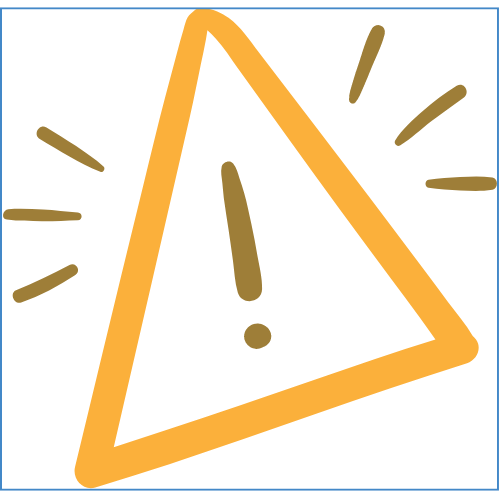Signs of Distress

Parents, friends, faculty and staff are often the first individuals to notice signs of distress in students. The following may indicate that a student is in distress and in need of help:
- Significant change in appearance (including hygiene, weight gain/loss), personality, attitude, mood, or behavior
- Impairment in academic, social, &/or job performance & functioning
- Change in sleep (oversleeping or insomnia)
- Change in appetite (eating too much or very little)
- Social withdrawal/isolation
- Irritability
- Increase in or frequent use of substances (alcohol and/or other drugs)
- Problems with concentration, energy and/or motivation
- Odd/bizarre speech or reasoning
- Aggressive, violent behavior or threats
- Attention-getting behavior
- Talk of/fascination with death or dying
- Feelings of hopelessness, helplessness, worthlessness, purposelessness
- Direct/indirect threats of harm to self
How to Help a Fellow Deac
Talking to a student in distress
Encourage the person to share her/his concerns and problems with you. Share your concerns and observations with her/him, and invite honesty and openness with you about what is going on. Avoid judgmental, condescending, or minimizing statements (e.g., “You should be over that by now,” “That shouldn’t bother you,” etc.). Check out our Giving Social Support handout for more information on how to help a loved one!
When supporting a loved one, know you are not alone. In addition to the support the UCC can offer, there are several resources that can help you and your loved one thrive. See below for a list of on-campus resources.
- Campus Assessment, Response, and Evaluation (CARE) Team
*If you are concerned about a student, we encourage you to contact the CARE Team by by calling 336.758.CARE (2273). - Deacon Health
- Chaplain’s Office
- Center for Learning, Access, and Student Support
- Office of Wellbeing
- The Women’s Center
- The LGBTQ+ Center
- The Intercultural Center

To Make An Appointment
Call Us During Office Hours
Monday – Friday
8:30 AM to 5:00 PM
Phone: 336.758.5273
For Life Threatening Emergencies
Call Anytime:
911 or 336.758.5911
Crisis Assistance
For urgent mental health needs, crisis assistance is available anytime, from anywhere, by calling us at 336.758.5273.
